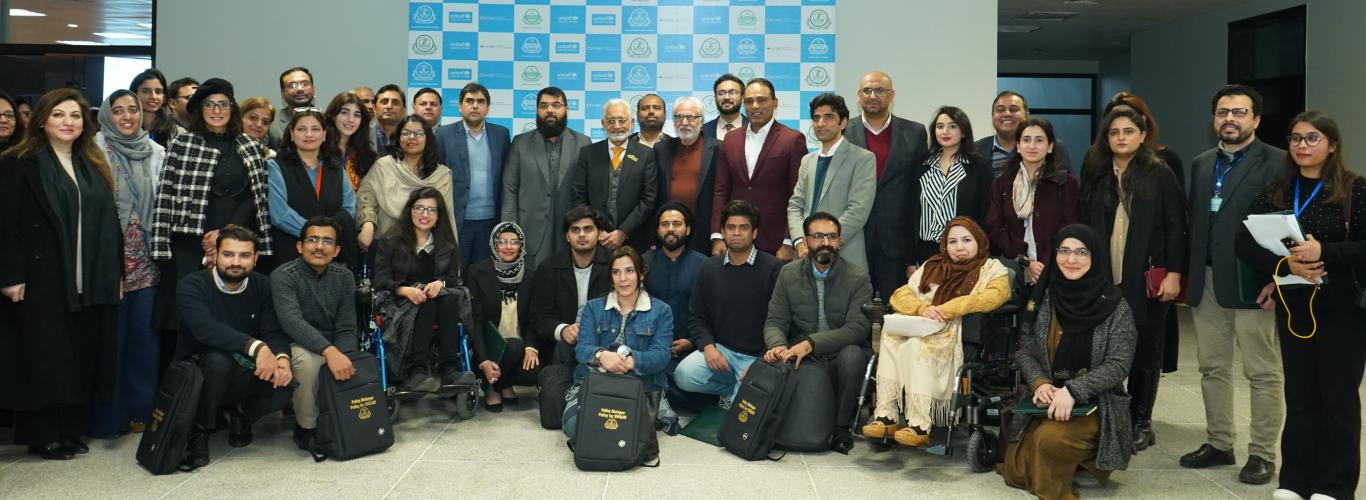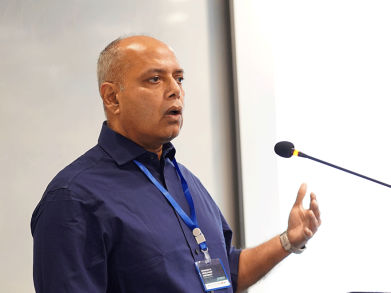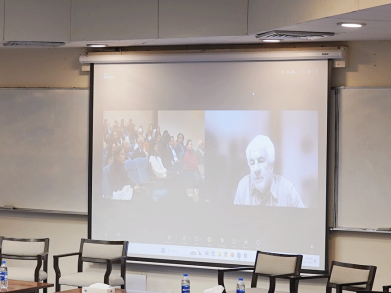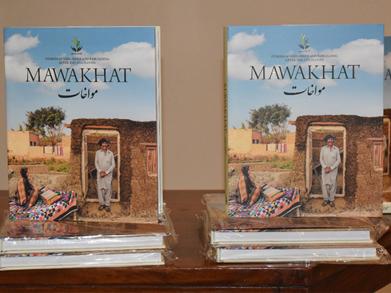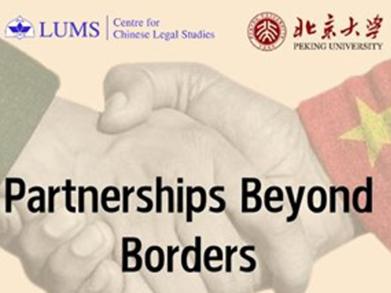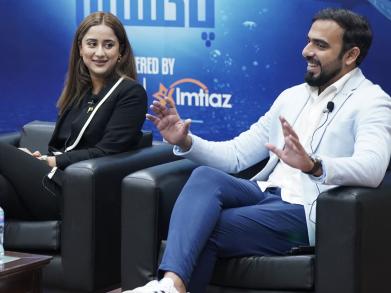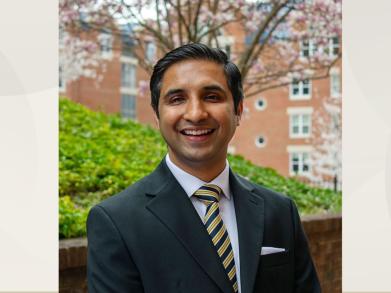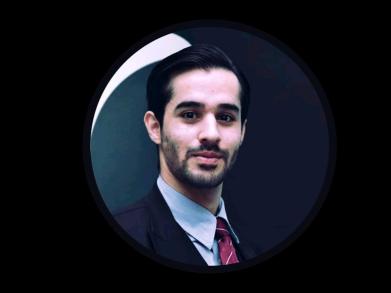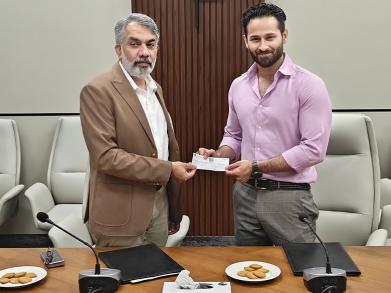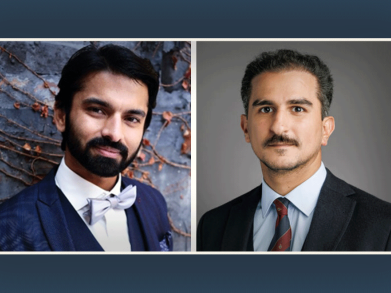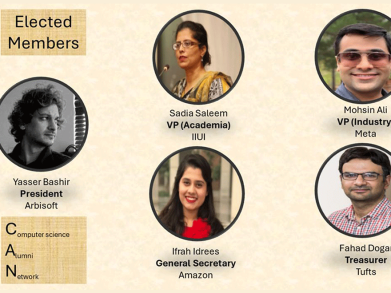Catalysing Change: A Collaborative Discourse on Social Welfare and Bait-ul-Maal Policies in Punjab
The Centre for Business and Society at LUMS collaborated with the Social Welfare & Bait-ul-Maal (SW&BM) Department, Punjab, for a dynamic one-day Policy Dialogue Session on January 26, 2024. The event, which took place at the Suleman Dawood School of Business (SDSB) at LUMS, aimed to formulate a Social Welfare Policy for SW&BM. The event drew a diverse crowd, including stakeholders and participants from academic, government, and judicial backgrounds. The session included an insightful presentation on the SW&BM Department’s programmes and policies, followed by a Group Activity Session. 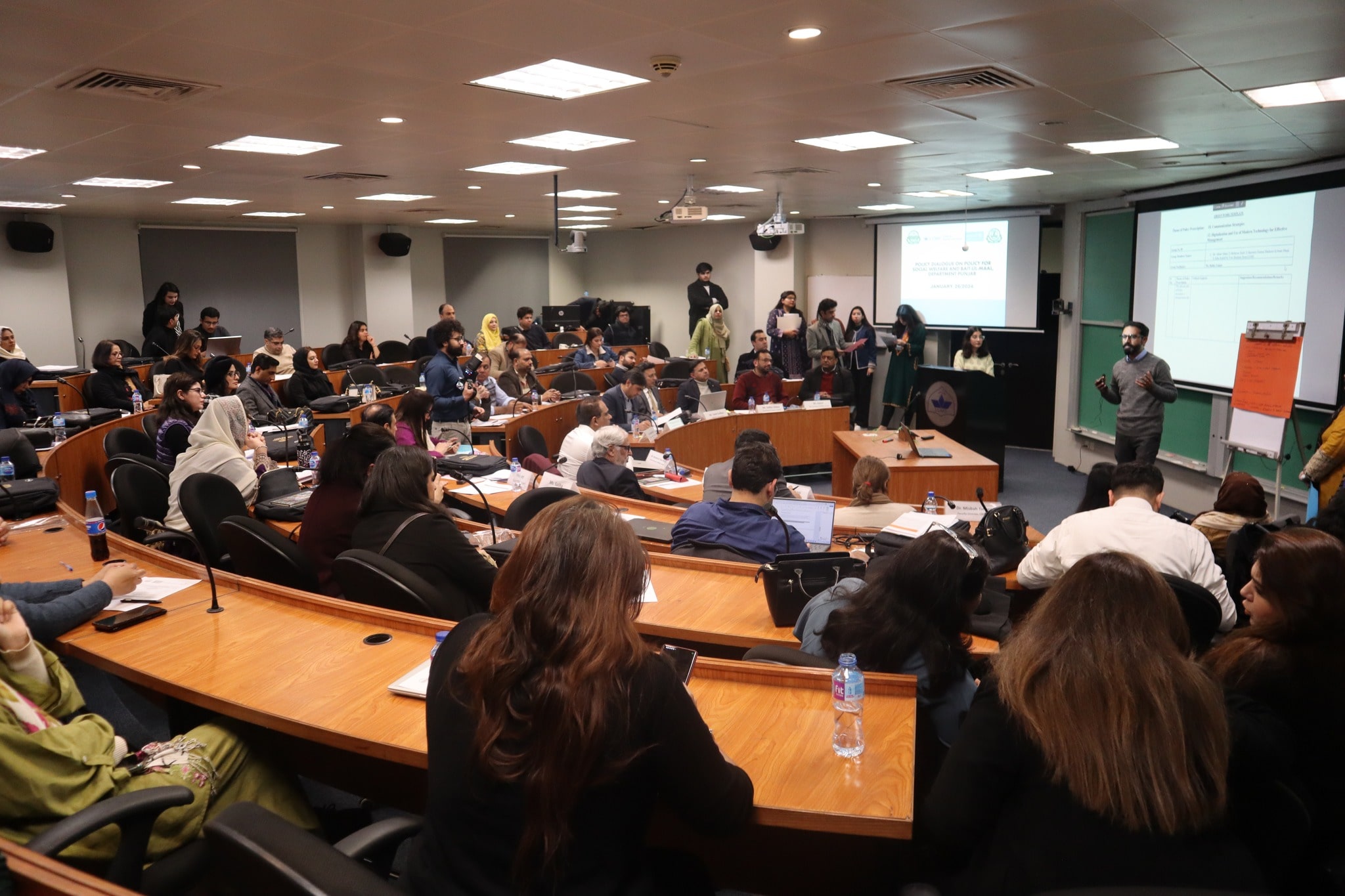
Dr. Fazal Jawad Seyyed, Dean, SDSB, attended the event, alongside other notable figures like Mr. Mudassir Riaz Malik, Director General, SW&BM and Mr. Zahoor Hussain, Secretary, SW&BM.
During the session, participants were grouped by expertise, ensuring a well-rounded approach to drafting policies. Each group took on a specific SW&BM Department programme, working towards presenting realistic policy approaches designed for provincial implementation. The social development programme encompassed initiatives targeting poverty, domestic abuse, education, providing equal opportunities for differently-abled people, and homelessness, among others.
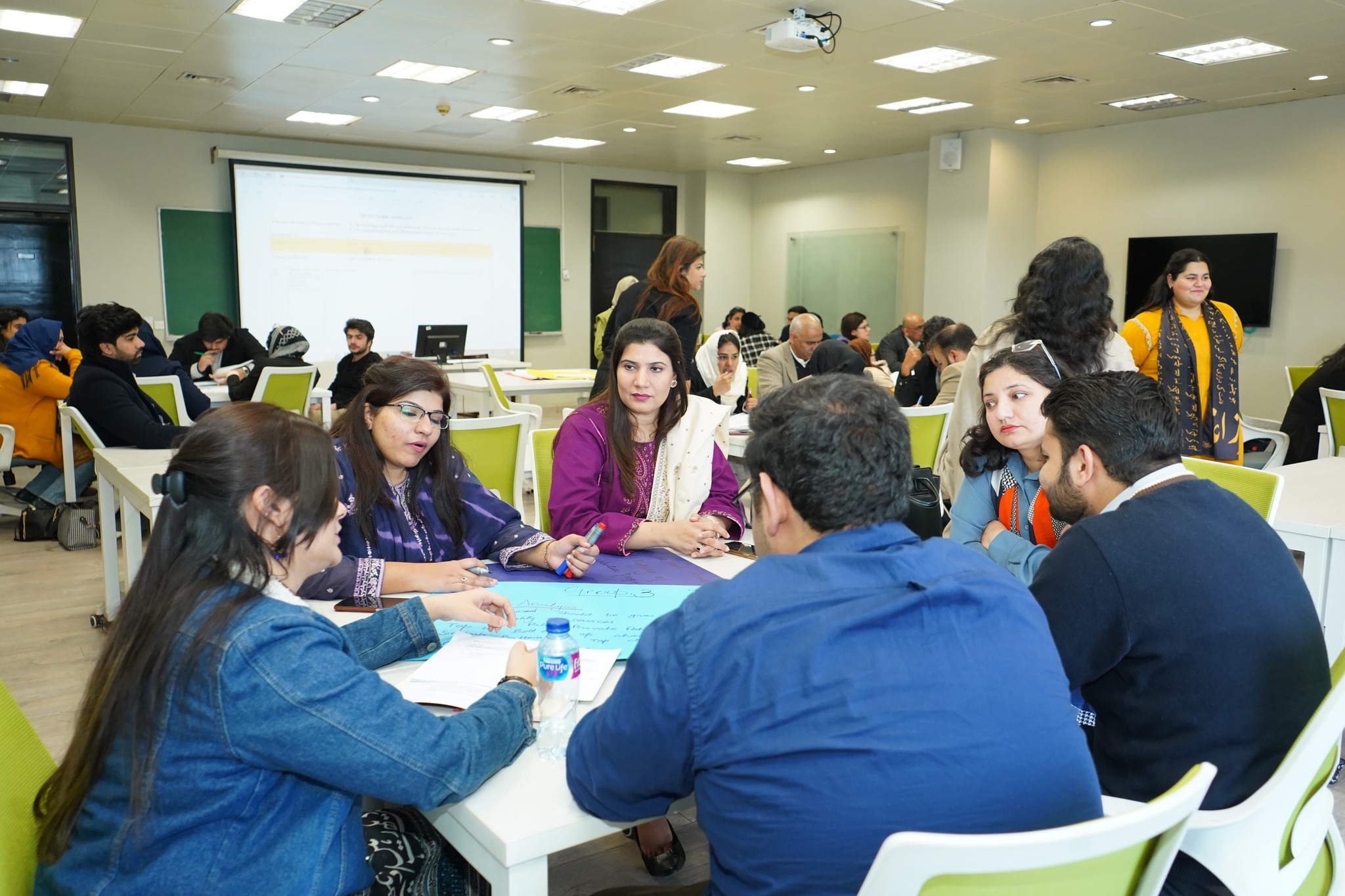
The group presentations included more effective implementation methods at the grassroots level to enhance community awareness and access to the programmes and services across Punjab. Group members advocated for the use of mass digital and traditional media (such as television, billboards, in-person campaigning camps, etc.) to raise awareness about various social development programmes of the SW&BM Department.
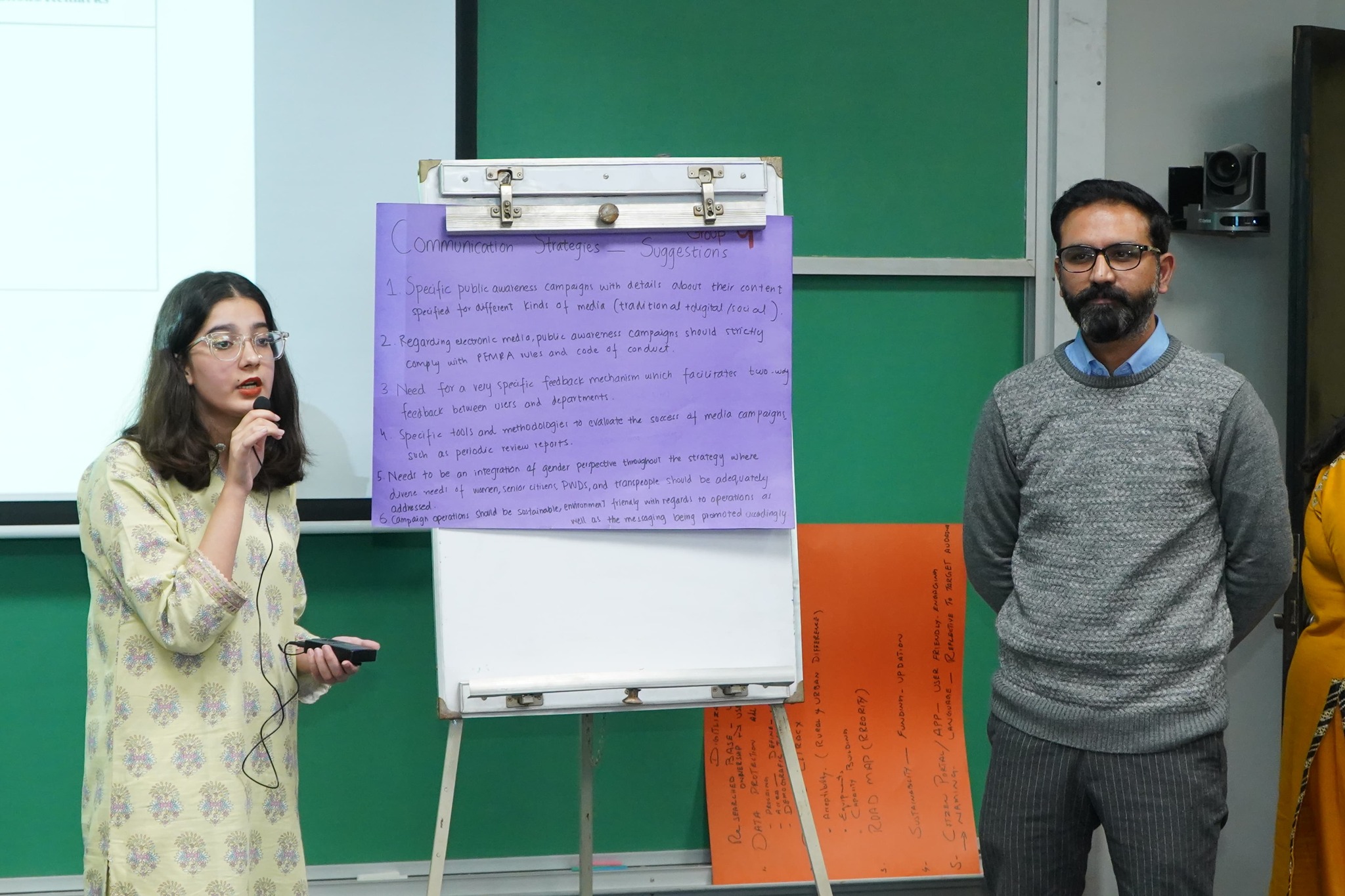
The day-long event concluded with closing remarks from Dr. Javed Akram, Minister of Social Welfare & Bait-ul-Maal, Department, Punjab, who lauded the nature of the programme and emphasised the importance of stakeholders working together to enhance social frameworks for community development across the province. He stated, “Such dialogue sessions and events bring together a diverse set of stakeholders, with evolved perspectives and different schools of thought. This generates more effective ideas and potential pragmatic policies that can be implemented on official levels for the betterment of the community as a whole through these social welfare projects.”

